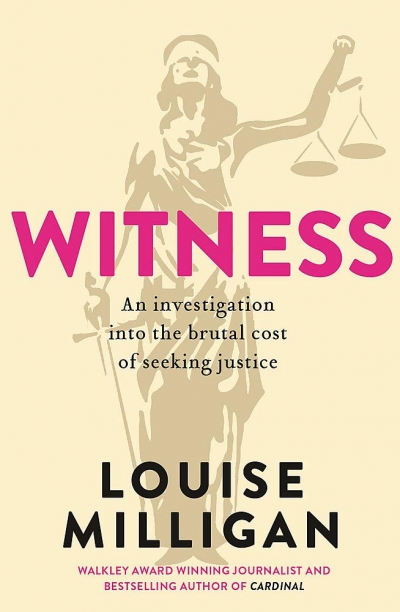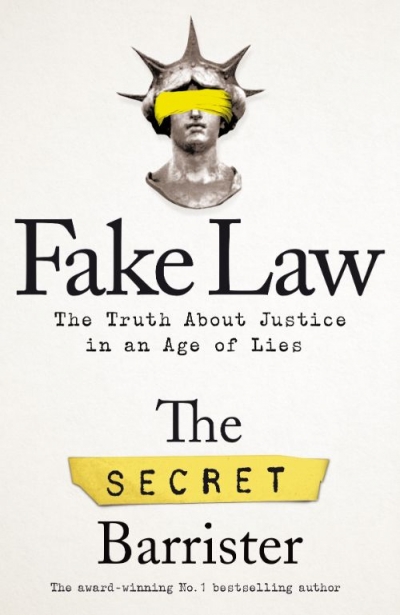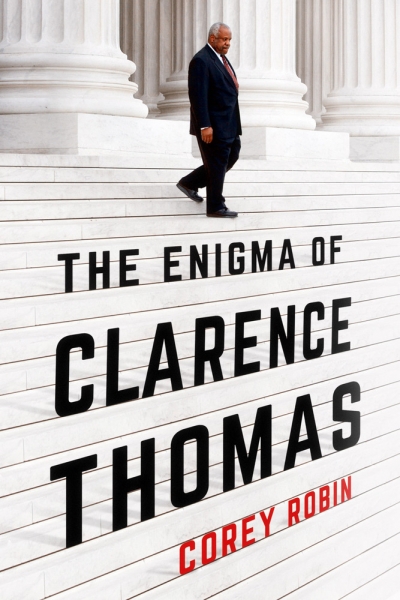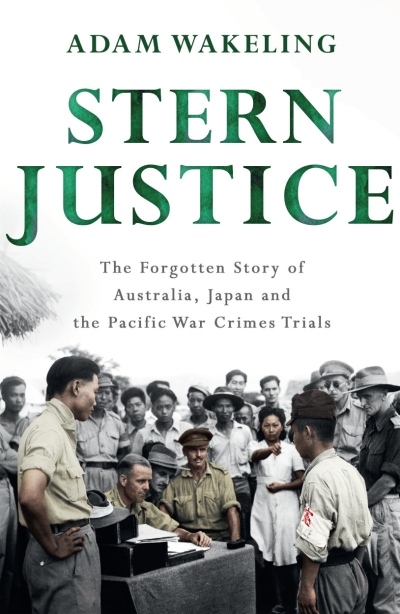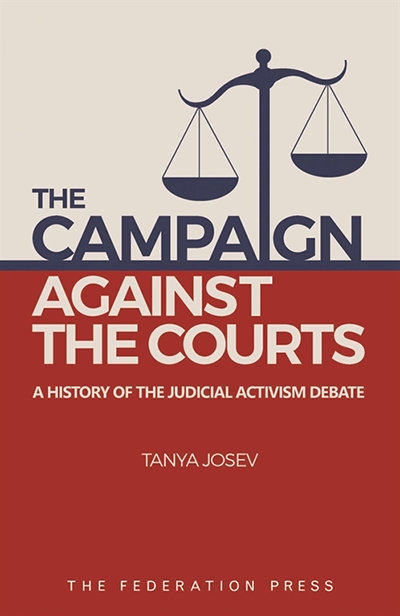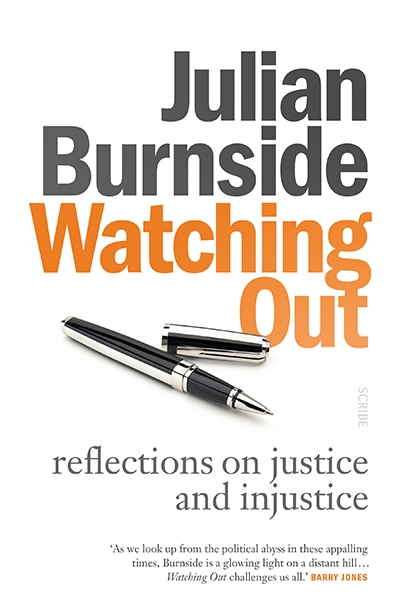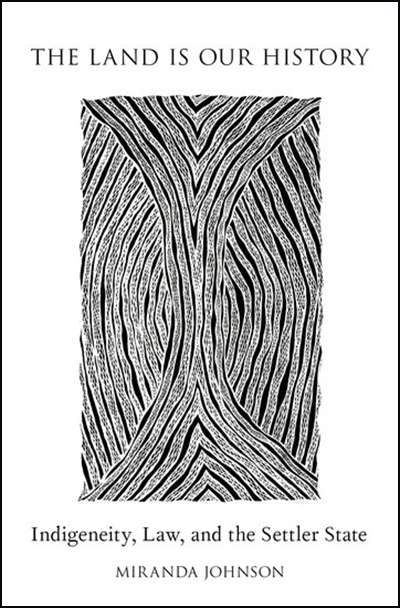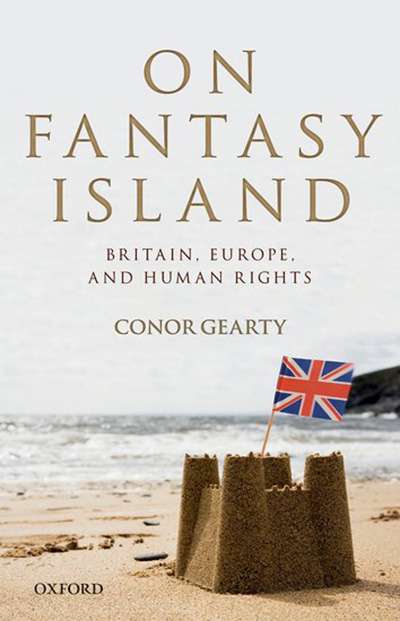Law
Broken: Children, parents and family courts by Camilla Nelson and Catharine Lumby
by Kath Kenny •
Witness: An investigation into the brutal cost of seeking justice by Louise Milligan
by Beejay Silcox •
Fake Law: The truth about justice in an age of lies by The Secret Barrister
by Kieran Pender •
There is a senior partner at my firm who famously harasses young women particularly when he has been drinking at social events. I was groped on two separate occasions. Nothing was done about it the first time I reported it. I did not report it the second time.
... (read more)Stern Justice: The Forgotten Story of Australia, Japan and the Pacific War Crimes Trials by Adam Wakeling
by Michael Sexton •
The Campaign against the Courts:: A history of the judicial activism debate by Tanya Josev
by John Eldridge •
Watching Out: Reflections on justice and injustice by Julian Burnside
by John Eldridge •
The Land is our History: Indigeneity, law, and the settler state by Miranda Johnson
by Kevin Bell •
On Fantasy Island: Britain, Europe and Human Rights by Conor Gearty
by John Eldridge •



